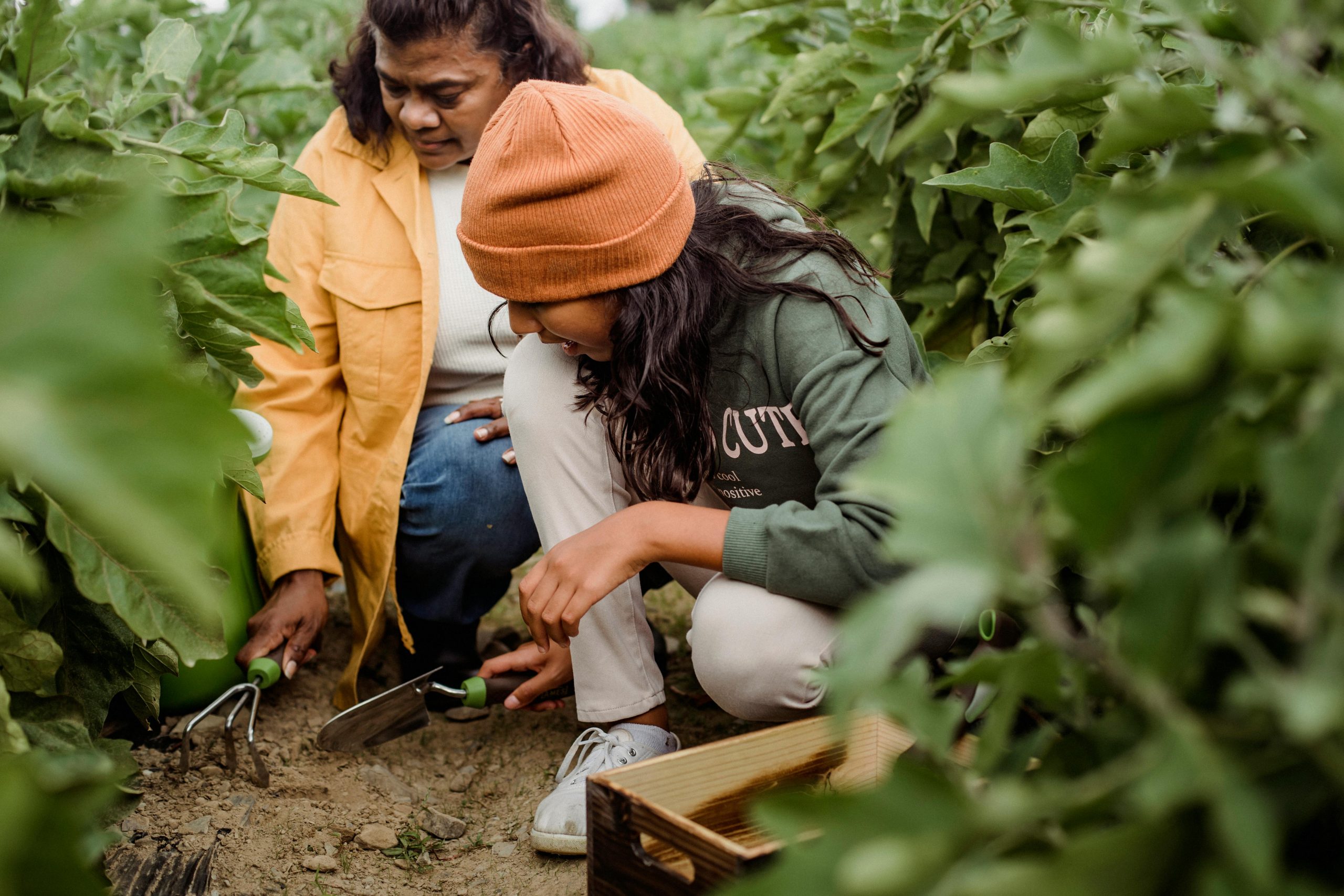Self-awareness is the cornerstone of personal growth and emotional intelligence. It’s the ability to recognize your thoughts, emotions, and behaviors, and understand how they impact yourself and others. Cultivating self-awareness isn’t just about introspection—it’s about developing a deeper connection with your inner self to make better decisions, improve relationships, and lead a more fulfilling life. Whether you’re looking to enhance your career, strengthen personal bonds, or simply understand yourself better, these powerful strategies will guide you on your journey toward greater self-awareness.
1. Practice Mindfulness and Meditation
Mindfulness is the practice of being fully present in the moment without judgment. By focusing on your thoughts, feelings, and surroundings, you can develop a clearer understanding of your inner world. Meditation, a key component of mindfulness, helps quiet the mind and fosters self-reflection.
How to Get Started
- Set aside time daily: Even 5-10 minutes of meditation can make a difference.
- Focus on your breath: Pay attention to your breathing to anchor yourself in the present.
- Observe without judgment: Notice your thoughts and emotions without labeling them as good or bad.
Over time, mindfulness helps you recognize patterns in your behavior and emotional responses, leading to greater self-awareness.
2. Seek Feedback from Others
Sometimes, we’re too close to our own experiences to see ourselves clearly. Feedback from trusted friends, family, or colleagues can provide valuable insights into how others perceive you.
Tips for Receiving Feedback Effectively
- Ask open-ended questions: Instead of yes/no questions, ask, “How do you think I handle stress?”
- Listen without defensiveness: Accept feedback as a gift, not a criticism.
- Reflect on the input: Compare external feedback with your self-perception to identify blind spots.
Constructive feedback can reveal aspects of yourself you may have overlooked, helping you grow and adapt.
3. Keep a Journal for Self-Reflection
Journaling is a powerful tool for self-discovery. Writing down your thoughts, emotions, and experiences allows you to process them more deeply and identify recurring themes.
Effective Journaling Techniques
- Write freely: Don’t worry about grammar or structure—just let your thoughts flow.
- Ask yourself probing questions: “Why did I react that way?” or “What am I avoiding?”
- Review past entries: Look for patterns in your behavior and emotional triggers.
Regular journaling helps you track your personal growth and gain clarity about your values, goals, and challenges.
4. Assess Your Strengths and Weaknesses
Understanding your strengths and weaknesses is a fundamental aspect of self-awareness. It allows you to leverage your talents while working on areas that need improvement.
Steps to Identify Strengths and Weaknesses
- Take personality assessments: Tools like the Myers-Briggs Type Indicator (MBTI) or StrengthsFinder can provide insights.
- Reflect on past experiences: What tasks energize you? What situations drain you?
- Set goals for improvement: Focus on one weakness at a time and create an action plan.
By acknowledging both your strengths and areas for growth, you can make more informed decisions and build confidence.
5. Embrace Solitude and Silence
In today’s fast-paced world, constant distractions make it difficult to tune into your inner voice. Spending time alone in silence allows you to reconnect with yourself.
How to Use Solitude for Self-Awareness
- Disconnect from technology: Take breaks from screens to reduce external noise.
- Engage in solo activities: Walk in nature, read, or simply sit quietly.
- Listen to your intuition: Pay attention to gut feelings and inner guidance.
Solitude provides the mental space needed for deep self-reflection and clarity.
Conclusion
Cultivating self-awareness is a lifelong journey that requires intention and practice. By incorporating mindfulness, seeking feedback, journaling, assessing your strengths and weaknesses, and embracing solitude, you can develop a deeper understanding of yourself. This self-knowledge empowers you to make better choices, improve relationships, and achieve personal growth. Start small, stay consistent, and watch as your self-awareness transforms your life.

